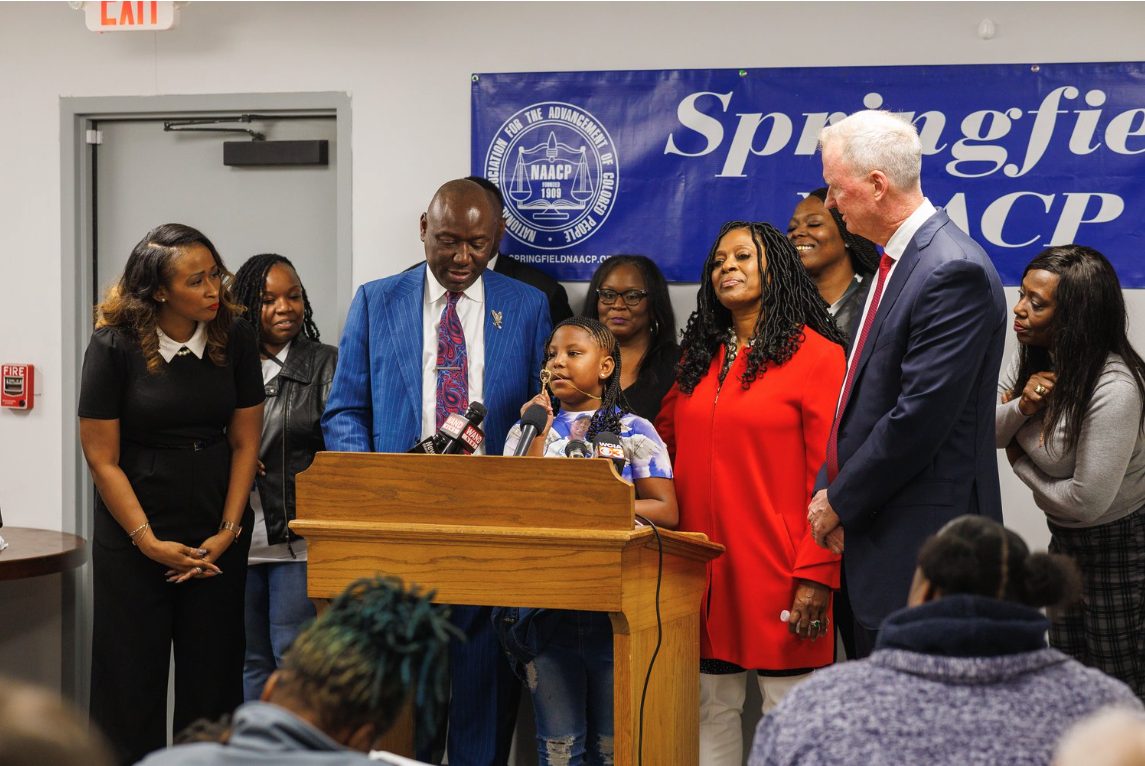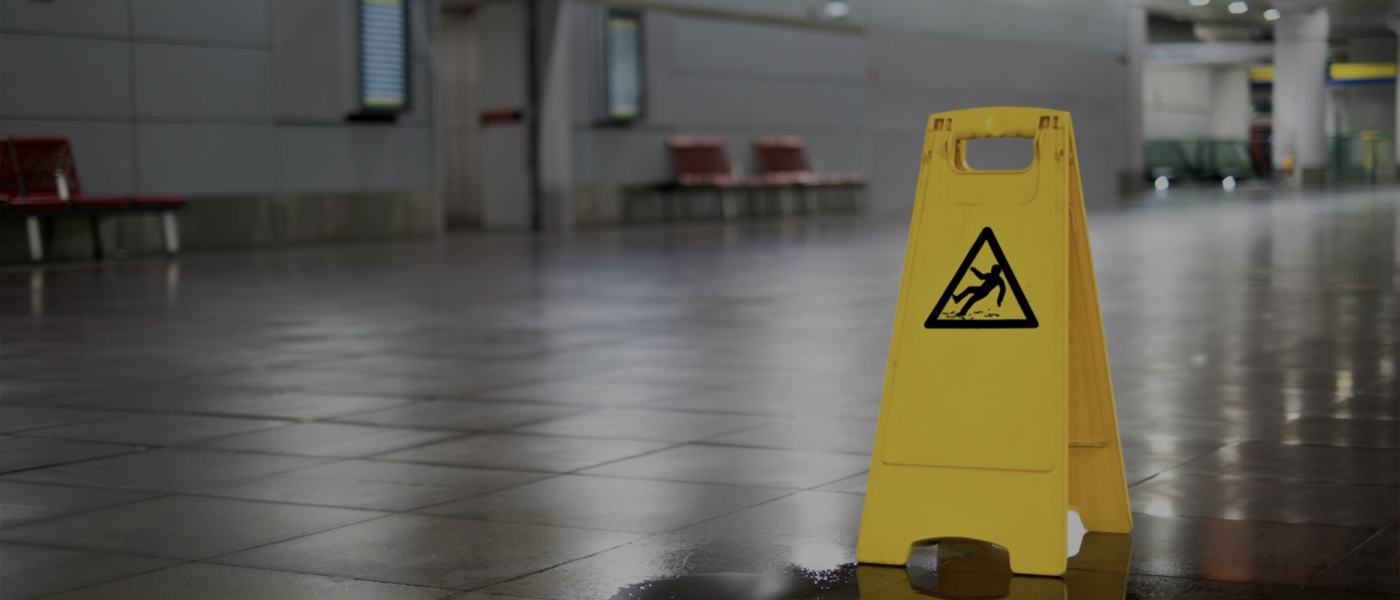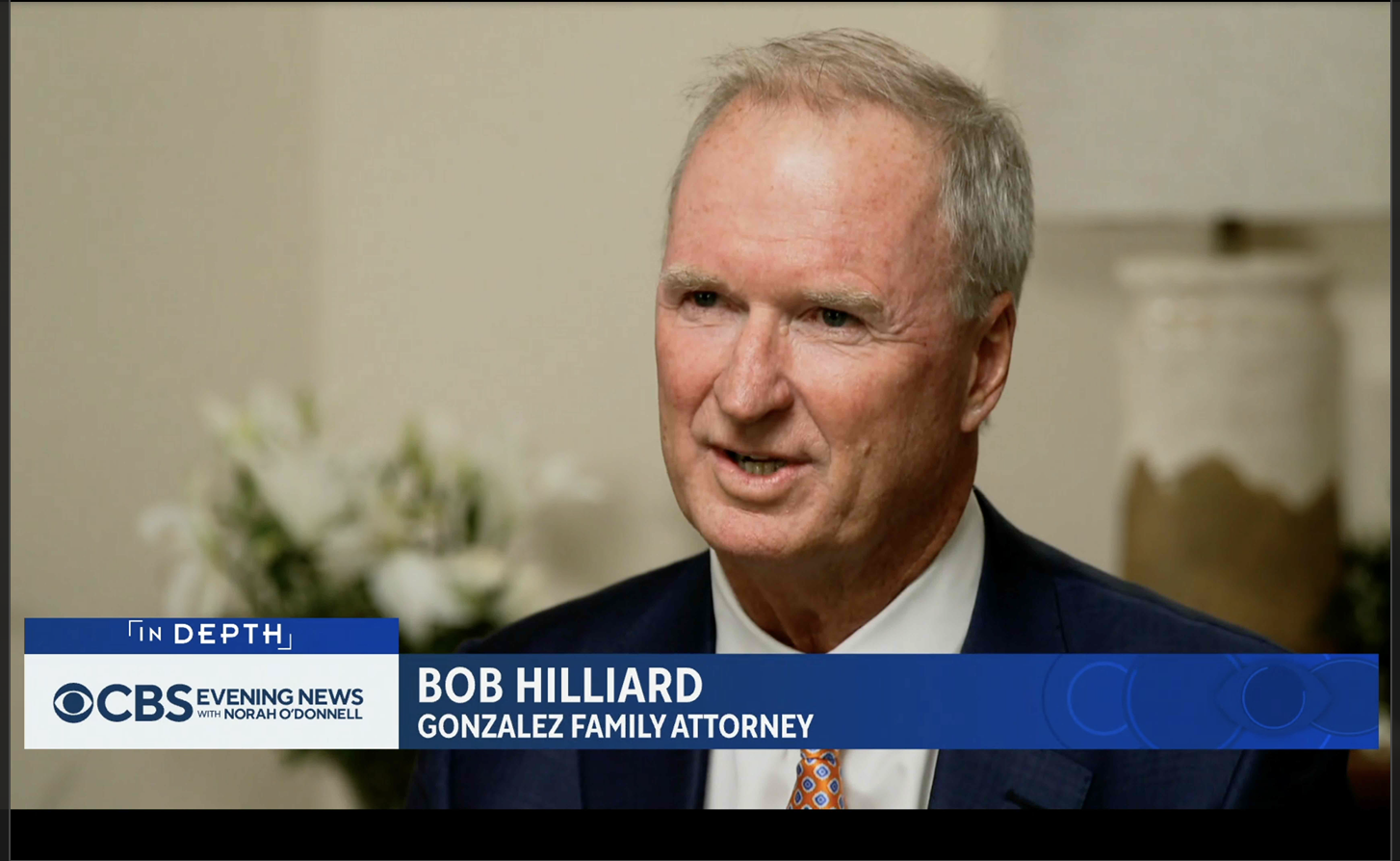The NFL has been telling the world for months that it is preparing for a normal season with full stadiums. But behind the scenes, most teams expect severe restrictions on stadium capacity as local governments continue to fight COVID-19, and they have no idea what those limits will be by early September.
In a matter of weeks, teams must figure out how many seats they can use and how to fairly distribute them among season-ticket holders — not to mention what this all means for group sales, suites, sponsor inventory and single-game buyers who already hold tickets.
“The term I used with my team yesterday is DEFCON-1,” said one team executive, speaking anonymously because the NFL has ordered teams to not discuss contingency planning. “Shit’s about to go down in the next 2-3 weeks, and we need to be at our best. We’re going to have a lot of education to do, fan servicing to do, a lot of selling to do, and on the partnership side, we’re going to have to go through every single deal, all in a relatively short period of time. If I sound calm, it’s not reflecting the situation we’re in.”
The basic problem is that season tickets will probably outnumber seats available. On paper, that’s not necessarily a complicated problem — teams could always break a season into multiple packages, and then give each season-ticket holder a portion of the original 10-game set.
But that only works if teams get clear, consistent information from their state and local governments about capacity limits. With COVID case counts growing rapidly in California, Texas and Florida, most authorities can be expected to delay those decisions until closer to the fall. Or worse, impose limits on a week-by-week basis.
The patience shown so far by season-ticket holders isn’t endless, particularly if they sense unfairness.
“Most people have been extremely understanding in all communications, but what changes is that greed factor, when you find out what somebody else got,” said another team employee. “I don’t know what ticket managers make, but it’s not going to be enough.”
Possible litigation looms as a threat. If teams are under legal orders to cap attendance, that will stymie most lawsuits. But there’s still risk — teams could run into trouble if they do anything to give some customers a leg up over others in the re-distribution process, said Robert Hilliard, a Corpus Christi, Texas, plaintiff’s attorney who has sued MLB over foul-pole netting and the Houston Astros over the cheating scandal.
“It has to be a complete, random drawing anonymously, right?” said Hilliard, himself a Cowboys season-ticket holder. “They can’t say, ‘Well, we have a 10-year season-ticket holder and he’s agreed to buy additional signage for $150,000 if we give him his suite versus his neighbor who can barely make his payments.’”
Another front for possible litigation is personal-seat license terms, which in some cases — such as the New York Jets — promise access to “all” games. As long as capacity is limited by law, rather than a team or league decision, lawsuits probably won’t succeed, experts said.
The NFL has told teams there won’t be a leaguewide policy on capacity, but last week owners approved a plan to cover the first few rows of seats to create a safety buffer for the field, which at a minimum will force changes to a few thousand high-value seats in all 30 venues. The PSLs could give teams an incentive to ask for formal legal restrictions.
Group sales are likely to be slow this year, experts said, because many businesses are still restricting workplace gatherings. Venue operators will worry about their ability to enforce social distancing within groups. One major sports sponsor said his legal department is asking hard questions about their liability for client giveaway tickets that lead to illness. Another difficult question for teams: What if you determine a suite for 20 fans can only safely hold 10 people this year, but a customer insists that they have 12 people who form a household group?
Single-game tickets have traded on marketplaces since the May 7 schedule release, and those should be considered in jeopardy given the priority placed on season-ticket accounts and other key customers. Tony Knopp, CEO of TicketManager, which handles corporate ticketing for major clients, said some companies in Texas have already distributed tickets to clients.
The New York Giants and New England Patriots have both told season-ticket customers they can skip the 2020 season with no penalty for future years. If large numbers accept that deal, it would help minimize the challenges in fairly distributing limited supply. But both those teams have waiting lists, and teams less confident of finding a replacement buyer for one year will probably resist that policy.
Teams need to be talking to their customers as much as possible to keep them abreast of developments, said Patrick Ryan, cofounder of Eventellect, a company that helps teams maximize ticketing revenue. “Over-communication can’t happen in these scenarios,” he said.
Ryan also cautioned about the potential downside of shifting fans to inferior seats in pursuit of social distancing, even if those fans initially don’t object. “If you move them, it might hurt the relationship more than you realize.”









